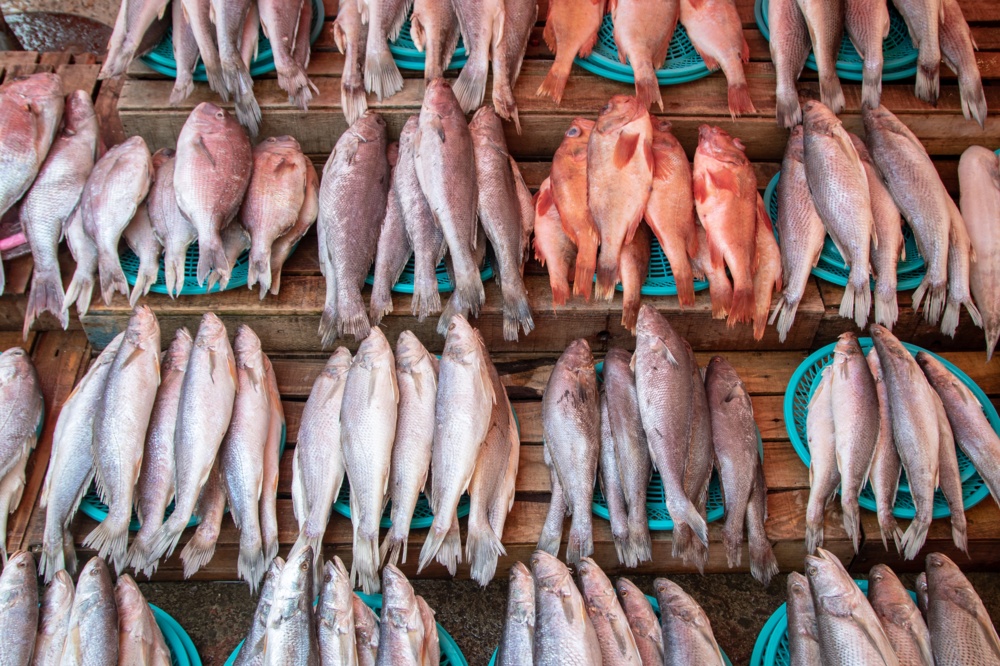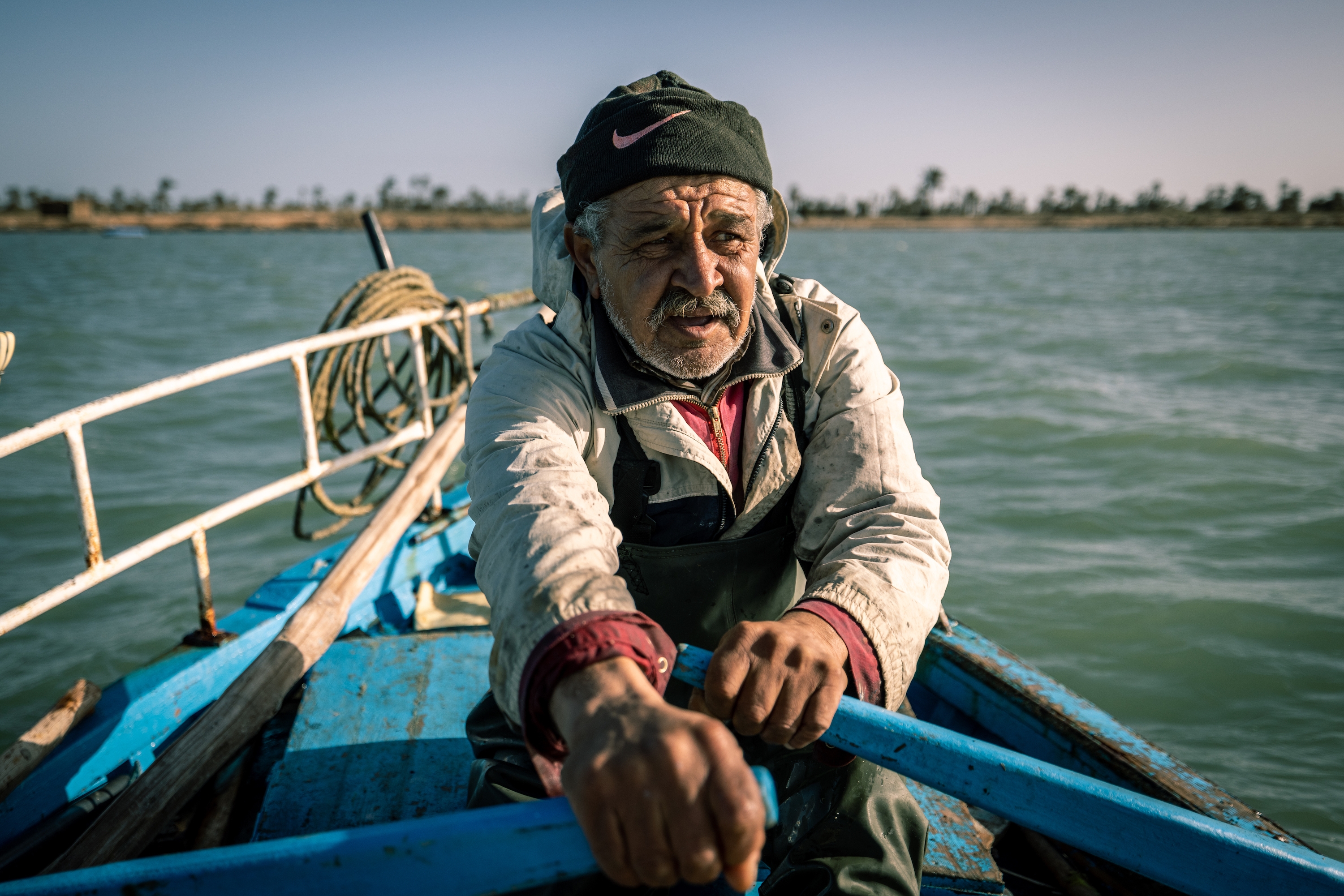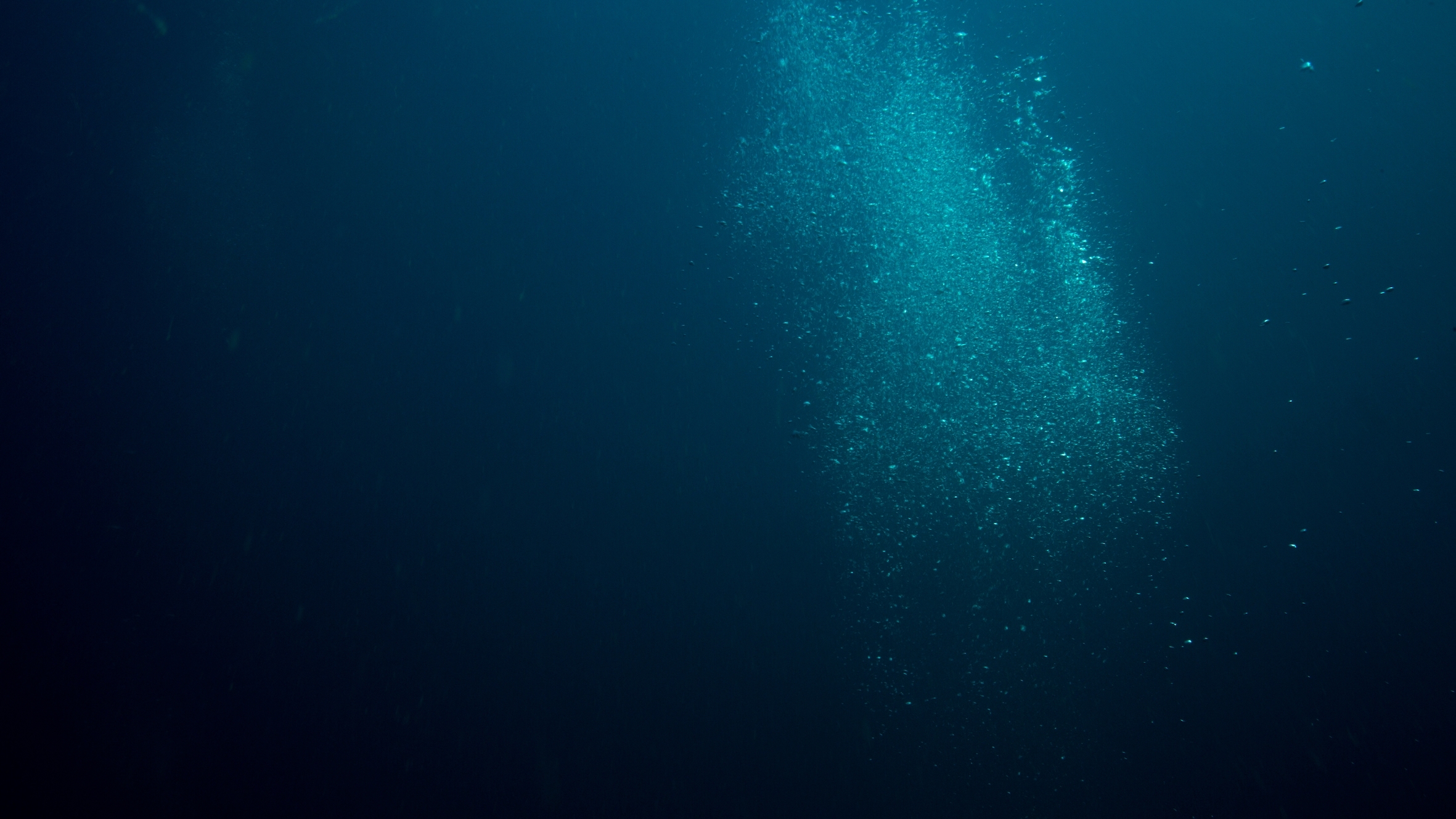
High-risk seafood is entering Korea due to ineffective import controls
There is political concern in Korea about untraceable seafood products potentially being linked to Fukushima waste water, which is due to be released in the Pacific in summer 2023. However, a new investigation from the Environmental Justice Foundation (EJF) shows this is not the only risk facing seafood entering Korea. “The broken barrier” demonstrates that seafood linked to human rights abuses, illegal fishing and the destruction of marine ecosystems may be ending up in the Korean market. 145 high-risk seafood consignments have been imported undetected to Korea over the last two years, says EJF.
EJF is calling for the Korean government to strengthen seafood traceability and transparency to bring Korea in line with other nations and prevent the import of illegally caught, inhumane and environmentally damaging seafood. EJF also recommends that information about all seafood be made accessible to the public. By requiring that the origin, producers and distributors of seafood products are visible, Korean authorities can reassure consumers that they are purchasing ethical and sustainable seafood, free from safety concerns or connections to illegal, unethical and unsustainable fishing.
Successfully tracing a seafood product through all stages of its supply chain requires intelligence on who caught it, what it is, and when, where and how the fishing was conducted. The EJF investigation found that this information, when made available to consumers, can prevent seafood fraud. It can also empower consumers to choose products that are positive for both people and the planet.
Korean consumers are increasingly interested in the sustainability and safety of the seafood they consume. It is the Korean government’s responsibility to improve transparency and traceability in its seafood supply chain, and ensure that consumers are not unwittingly supporting environmentally destructive fishing or driving human rights abuses at sea, says EJF.
EJF calls for the Korean government to upgrade mandatory information requirements and introduce a one-stop online platform for consumers. EJF also encourages the Korean government to enshrine the Global Charter for Fisheries Transparency into Korean fisheries legislation, and to adopt other international standards such as ILO C188, which protects fishers’ rights, to ensure imported seafood is caught by fishers who work safely and with dignity.
EJF CEO and Co-Founder Steve Trent said: “In 2017, the Korean government responded to international and domestic pressure around seafood legality by introducing limited traceability for seafood imports. However, further action is needed. Now is the time to do the right thing for consumers, for fishers around the world and for our ocean.”
“Korea can be a regional leader in sustainable fisheries as a major flag state, port state and market state, but at present not enough is being done to achieve this. Improving traceability, keeping vessels linked to illegal fishing out of Korean ports and systematically enhancing transparency are essential steps which can be taken now to eliminate illegal, unsustainable and unethical fishing. The barrier is broken, but the Korean government can mend it now.”
ENDS
Note for editors:
To read the full investigations and the detailed recommendations it includes, read The broken barrier: how illegal fishing and human rights abuses in Korea’s fisheries imports go undetected here.
As the world’s fifth-largest importer of seafood products, Korea imported 6.4 million tons of seafood from a total of 132 countries in 2021, worth US$62 billion. The top five trading partners are China, Russia, Vietnam, Norway and the USA, accounting for 67% of Korea’s total seafood imports. Seafood products from the top three nations are frequently associated with illegal, unreported and unregulated fishing and human rights abuses.
The Environmental Justice Foundation is an international non-governmental organisation working to protect the environment and defend human rights. EJF is a charity registered in England and Wales (1088128). www.ejfoundation.org
For more information or to arrange to speak to our investigators, please contact:
EJF Press Office
SIGN UP FOR OUR EMAILS AND STAY UP TO DATE WITH EJF

